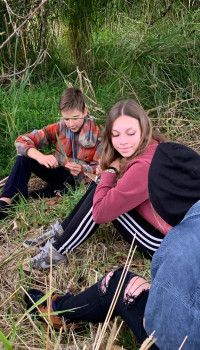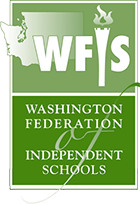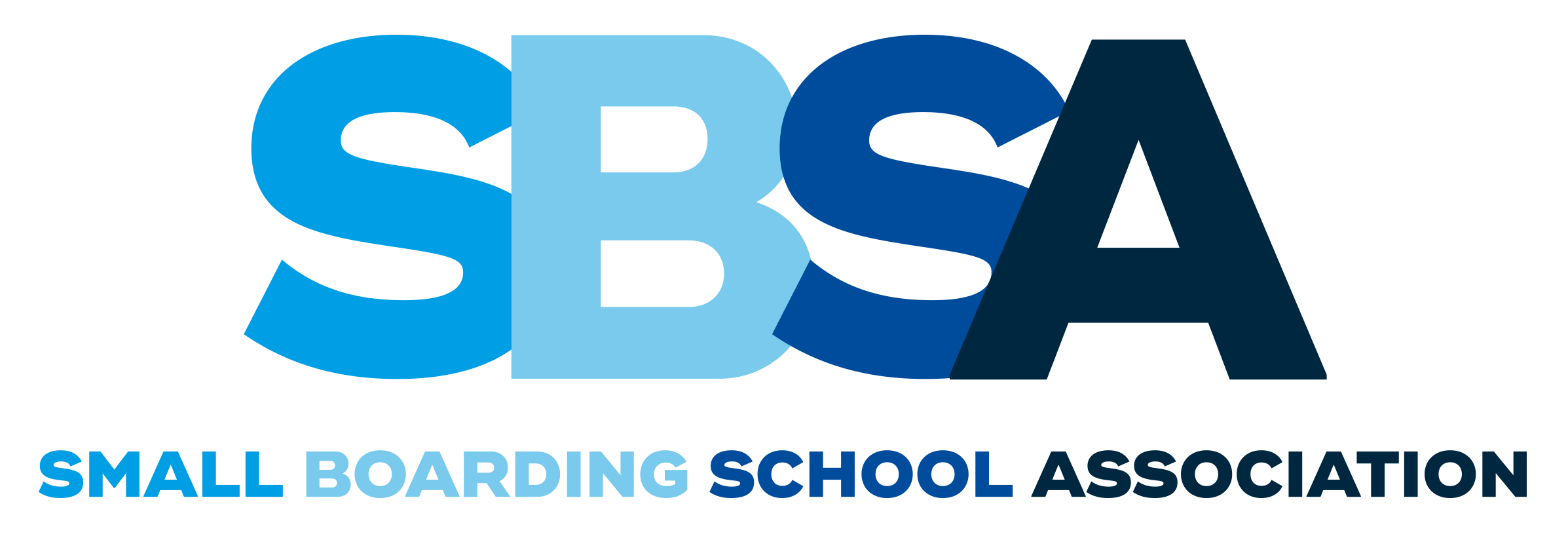The power of literacy lies not only in the ability to read and write but in a child’s capacity to put those skills to work in shaping the course of his or her own life. We want our children to see the value of language and literacy in their own lives and the role of the word in personal and social transformation. The search for a shared language that reaches across differences is our work. Empathy is the goal. We want our children to have voices, and we want them to know how to listen.
At Spring Street, we believe that everyone has the capacity to write, that everyone can get better at it, and that they need to do it a lot. We create writing communities. Faculty create a sense of personal safety in the classroom so that students are willing to write freely and at length. We help students understand what writers do. Our students know that through extended practice they will develop a repertory of routines, strategies, and methods for generating, revising, and editing different kinds of texts. They develop the ability to reflect on writing. They come to know that writing is a tool for thinking; that it is a way to solve problems, identify issues, build questions, and reconsider. Through a wide array of analytical reading, our students know that all texts exist within social and historical context, wherein some people’s words count more than others, and where being heard is more difficult for some people than others.
Meaningful study of the past generates ideas, looks at the world through many viewpoints, finds connections in the present, and gives rise to the beginnings of deep convictions that can be explored in open discussion. The challenge is balance. To thrive in a reflective, inquiry-based history classroom, students need time to build content knowledge, they need time to discuss data, they need time to probe their feelings, they need time to look for patterns that reach into the present, and they need time to practice the analytical skills required to express the nuances of their discoveries. We provide that time. Good questions, ones that prod students into intellectual situations in which they must deal with ambiguities and ambivalence, make the history classroom a place where students find they want to talk about social justice and action.






